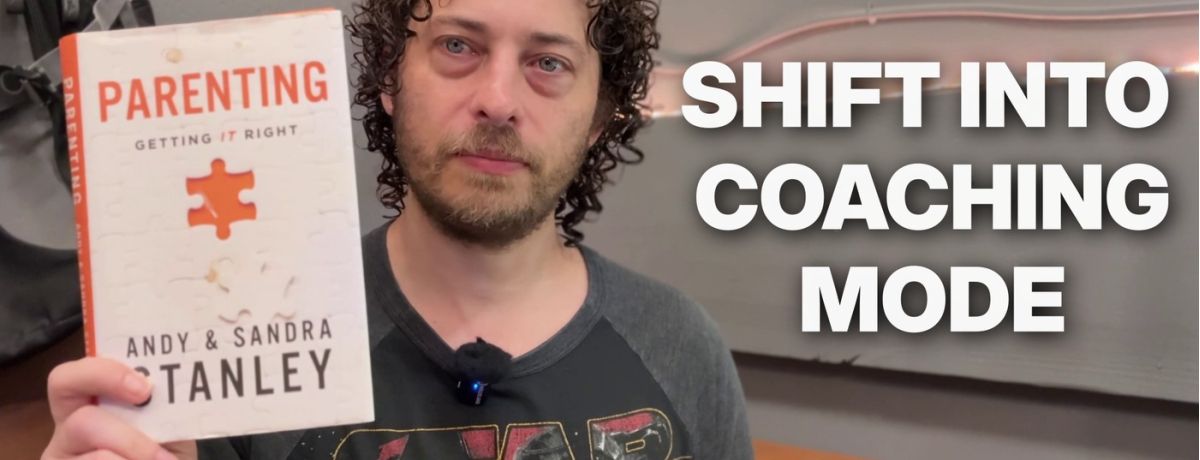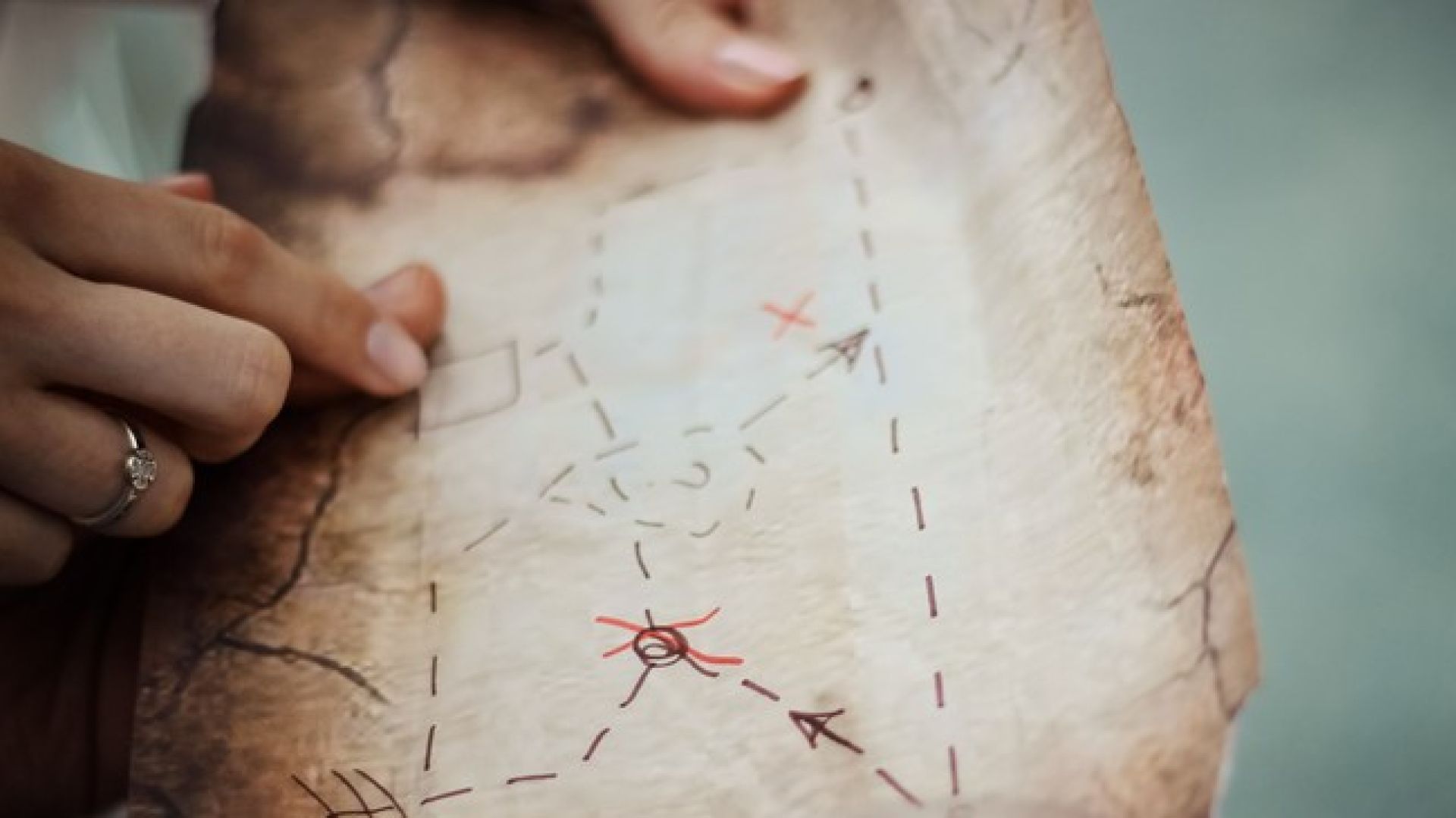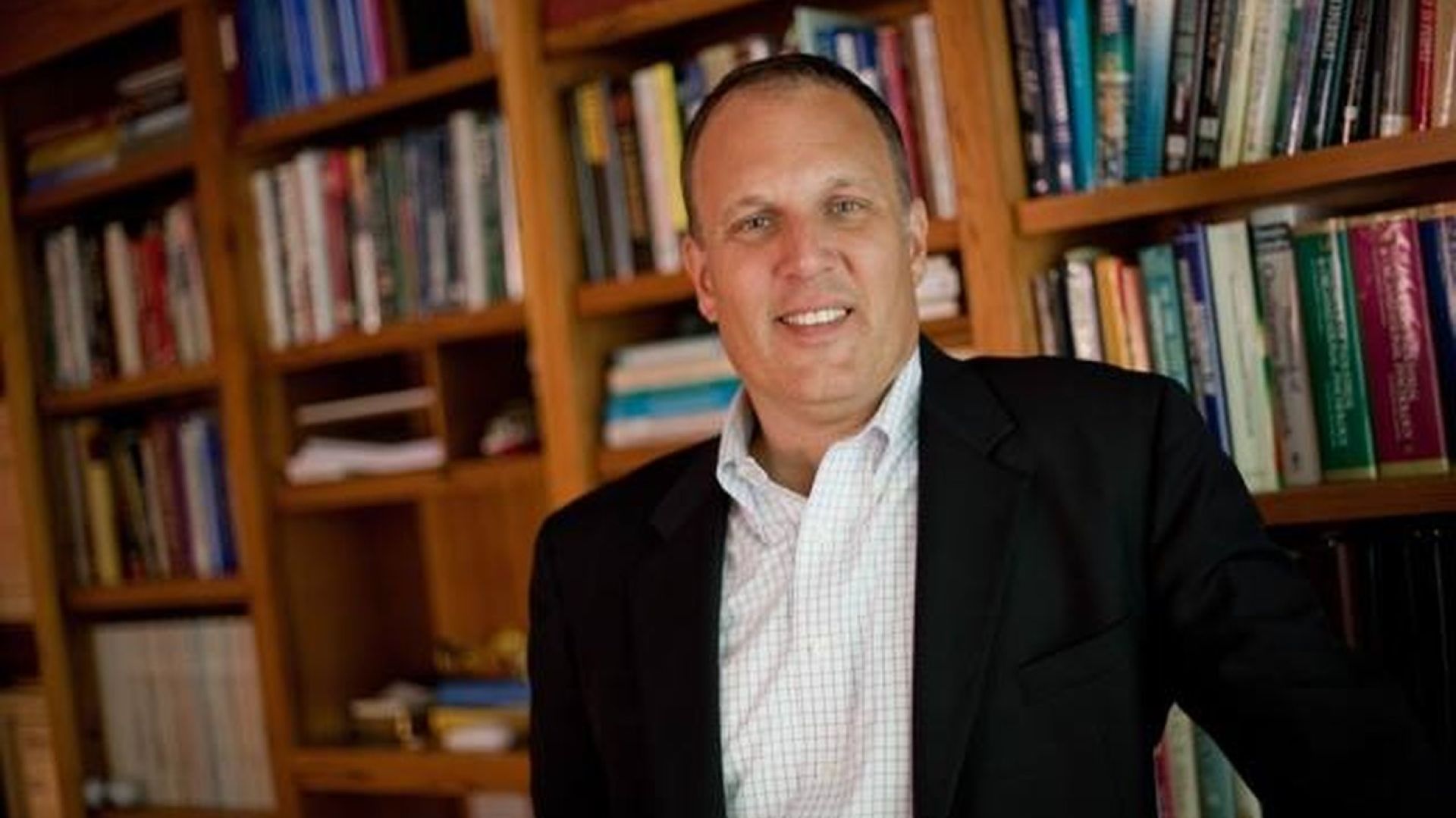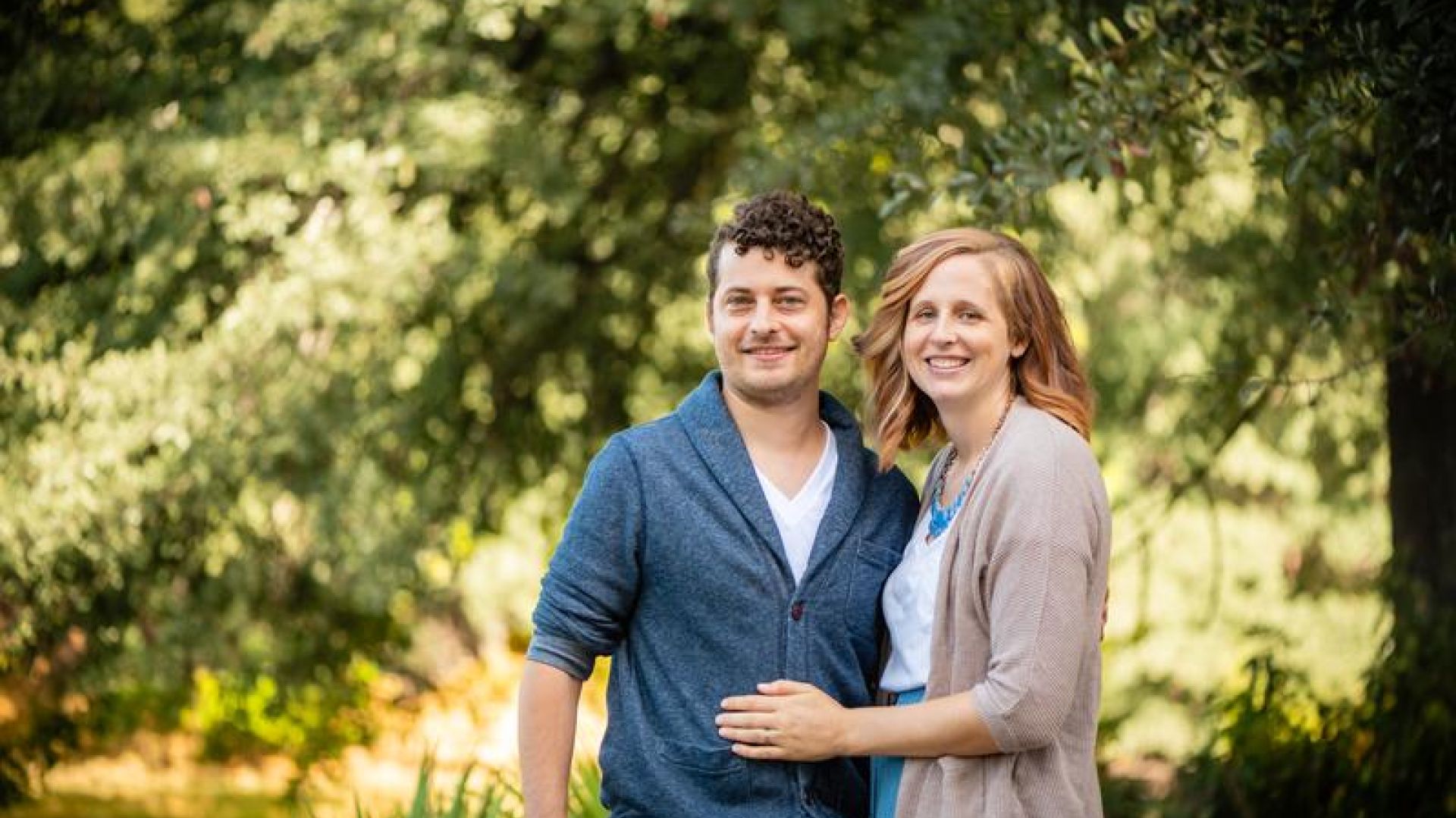
Effective Parenting for High Schoolers: The Coaching Years
This post contains affiliate links, which means I get paid if you click and buy. This income helps me continue to create valuable content like this.
If you are a parent, especially one with high school kids, this video is for you. How do you effectively parent high schoolers?
I want to discuss the book Parenting: Getting It Right by Andy and Sandra Stanley. The Stanleys share a particular framework that is super helpful to understand, and I want to zoom in on the stage covering the high school years.

Life is Hard. Business is Challenging. The World is Uncertain.
Leaders, freelancers, and entrepreneurs: Get stories & systems, for navigating the challenges, in your inbox.
The Four Stages of Parenting
In Chapter 2, the Stanleys outline four stages of parenting:
- The Discipline Years: Ages 0 to 5
- The Training Years: Ages 5 to 12
- The Coaching Years: Ages 12 to 18
- The Friendship Years: Ages 18 and older
I want to zoom in on the Coaching Years (12 to 18), which covers middle school and high school. With a daughter about to turn 16 and a son who is a freshman in high school, I wanted to revisit this chapter and highlight some key takeaways.
The Coaching Years: Transitioning to Adulthood
Jumping into Chapter 3, Sandra Stanley discusses the Coaching Years. I highlighted this section:
"But if they must grow up, we have a few thoughts about entering this trepidatious coaching stage where our kids hit puberty and start thinking we know nothing at all. We being the parents. In a flash, they move from being our most adoring fans to slinking in the corner of public spaces so they don't die of embarrassment. Transitions are hard. To get where we're all trying to go is sometimes a rocky journey. It's a weird time when there seems to be a craving for privacy and independence, a cocktail of hormones, and a newfound insecurity. These all swirl together and deliver a bite when you least expect it."
As I think about parenting during this stage, the key question is: What is coming after 18? I'm thinking about my kids becoming young adults who are 18 years old, potentially living on their own, going to college, entering the workforce, or starting a business. Whatever they are doing, they will be stepping out. While they won't be completely isolated the moment they turn 18, they will legally tip over into being able to choose what they want to do.
If they are going to be in a place where they can practically do the things they want, how do I prepare them to be the type of person who can handle that responsibility? How can they lead in those situations, or know when to run away when they are in a situation they shouldn't be in? Ultimately, how do they navigate the environment of being a young adult when my wife and I are not around to set and enforce boundaries and rules?
We must transition from having rules and guidelines to giving them the freedom to make mistakes and their own choices. As the Stanleys say, this is the Coaching Years. At this point, it's about helping them think through situations and make the best decisions possible, and also not shielding them from the consequences of their bad decisions.
Connecting Over Correcting
A key shift during the coaching years is to focus more on connecting than correcting. Correcting may be an easier habit, but connecting is vital. Sandra Stanley suggests three phrases that wrap understanding around connecting over correcting:
- Cultivate constant conversation.
- Don't bail. Let them fail.
- Get interested in what interests them.
One thing the Stanleys discovered was the importance of constant conversations. This isn't the same as talking your kids to death or constantly telling them stuff. It's about actual conversations where they get to tell you what they think. It's about cultivating an environment where they feel safe to talk to you.
Many parents think they are a safe place for their kids to share their hearts, yet when the kid does, the parent goes into lecture mode or, worse, talks about their kids' struggles with other people. Safety is blown, and the kids stop talking. Sometimes, cultivating a conversational environment means simply keeping your mouth shut and listening, or asking relevant questions that show interest. You must be trustworthy with the treasures they bestow upon you. This is a crucial shift we all must make, or the journey will be pretty rocky.
Being a Student of Your Kids
You need to be a student of your kids. Figure out the best approaches based on their unique personalities, temperaments, and quirks. Every kid is different; we want to figure out how to meet them where they are.
Another author, Shanti Feldan, advises parents: "Don't freak out." Whatever you do, don't freak out in front of your teenager. Their definition of "freaking out" is any strong emotion, so dial back your emotions. This includes excitement, fear, or anger.
It can be a delicate balance because we do want to celebrate our kids. The Stanleys used a "celebrate plate," a dinner plate with confetti and the word "celebrate," to allow them to be "chill" and let the plate do the "freaking out." This allowed them to be appropriately excited based on the varying degrees of excitement each kid liked. This is important because while little kids love super emotional, over-the-top celebrations, it becomes embarrassing to middle school and high schoolers and can actually alienate them.
Just remember, the fastest way to shut down a teenager is to overreact. Practice that poker face. Calmly ask questions that keep them talking and engaged, using a posture that communicates, "Oh, really? Tell me more." You can circle back later for correction or clarification, but in the moment, it's important to keep them talking.
Letting Them Fail
The concept of letting them fail is another scenario where letting them suffer while the stakes are lower yields a better return. It's better to learn lessons in smaller contexts than when the stakes are much higher and more severe. It's easier to learn lessons on a smaller scale when there's less at stake.
Lean into the idea that they learn lessons while the consequences are manageable. They develop skills and build muscle for better decision-making later when the consequences of failure can be life-altering.
Stanley shares a story about a friend who was masterful at this. Her kids went to a private school far from their house and learned to gather all their school items the night before. Why? Because if they left anything behind, their mom wasn't delivering forgotten items to school later in the day. After one or two times of forgetting, the lesson was learned. The result: her kids are now three of the most responsible and resourceful young adults she knows.
If we shield our kids from learning these lessons, they won't learn them and will continue to make the same mistakes, which will become bigger and bigger. It may hurt to let them suffer, but as long as we're not letting them drown (as long as it's a manageable risk), it can actually help them grow.
Stanley recounts the story of "Trey," a third son born to an older couple who was constantly coddled. His mother, Monica, excused every poor behavior and ran interference between him and his teachers. By high school, his parents were running interference between him and the law, and at 21, he was selling drugs.
Here’s the lesson: Providing a buffer between our kids and the natural consequences they should experience is a gross disservice to them. Don't rush to school with every forgotten assignment or lunch. Let them start figuring this stuff out. Guide them, encourage them, and even confront them through it, but don't deprive them of their chances to learn from their mistakes.
Insight from The Map
I want to pull up a related insight from another book, The Map: Your Path to Effectiveness in Leadership, Life, and Legacy by Keith Eigel and Karl Kuhnert. This book dives into Constructive Developmental Theory, which discusses five stages of adult development. When someone enters middle school, they are moving into Level Two: the Self-Sovereign Stage. In the years that follow, they start to move into Level Three: the Socialized Stage.
At the Socialized Stage, they start to empathize with their friends and consider the values and identity of the group, looking for belonging. Eigel discusses similar ideas about the consequences of actions from a psychological standpoint.
He brings up the term "Manolescent," an adolescent mentality in an adult male body, and the related Peter Pan Syndrome. Peter Pan was childlike, but adults exhibiting Level Two behavior are childish. Nothing is endearing about people in their late 20s or beyond clinging to their "me first, my agenda" mentality. Most people eventually run into circumstances that challenge this Level Two understanding and grow, but in some cases, they refuse to change, and growth is arrested.
Growth is never easy. When we let go of one way of seeing things to grow, we feel destabilized. We give up the firm footing of what we know and risk something quite different. The challenges that contradict their current understanding create discomfort, motivating them to grow. This requires tension, and sometimes we need to allow for or foster that tension, which we often try to alleviate. We sometimes say it's for our kids, but often, we are really trying to alleviate the tension in ourselves.
Eigel confirms Stanley's point: "Parents, one sure way to postpone the growth of your teenagers or young adults is to protect them from reaping the consequences of their me-first behavior."
- If you allow them to fail a test because they didn't feel like studying, you've created a growth opportunity.
- If you ground them for major events after they break curfew because they "didn't realize it was so late," they are likely to be more aware next time.
In both cases, potential loss can fuel growth. We have to lean into those tension points to foster opportunities for growth before the risks and stakes get higher in older adulthood.
Eigel gives more examples of parents who resist or remove consequences for their kids, even when the school is rightfully trying to enforce them. He notes that by high school, many "me first, what I want" behaviors tend to become public and potentially dangerous. These kids haven't realized they are part of a larger fabric of family, community, and society—aspects of an increasingly Level Three understanding. These kids are training their parents to help them get what they want, and their parents are going along with it.
This happens to all of us parents. Don't feel bad if it's happening to you, but know about it and push back against it.
Dealing with Level Two Behavior
Eigel continues that if young adult children continue to make sense of the world at Level Two, it becomes impractical and inappropriate to ground or spank them. Sometimes reasoning or vocal disapproval can work, but more often, we need to stand back and do nothing as they suffer the consequences of their Level Two behavior—refusing a request to provide something they want and not bailing them out of tough circumstances (sometimes even jail).
The willpower required to make this difficult choice dramatically increases when the parents are at Level Three because, from that level, our kids' performance still defines us. If you are highly influenced by your kids' approval, you need to start moving toward Level Four—becoming self-authoring to define the type of person you're going to be and leaning into your vision and values, even when it means you have to be the "bad guy" to your kids or choose to lose at times so that you can win the bigger game.
For those on the younger side of the 12 to 18 range who are in Level Two, Eigel advises: When mentoring Level Two adults in the workplace, we need to be more concrete than we may believe is necessary. Ambiguity only confuses them. Concepts, theories, and intangibles aren't yet real for Level Two people, so appealing to their sense of vision, mission, and impact is too abstract. Clearly identify the rules of the growth game and the consequences for not playing. Create wins for growing and losses for maintaining the status quo.
The Opportunity in Tension
Karl Kuhnert, the co-author of The Map, shares a final story. When his teenage daughter was asked to play a tennis match on the same Saturday she had committed to volunteering at a food bank, she asked him what she should do. He told her, "It's your decision. Think about it and do what you think is best. I'll support you either way."
Her immediate response was, "But Dad, that's not fair." Later that evening, she came back and said, "Someone's going to be let down. I want to play tennis, but I committed to the food bank first." She chose the food bank.
Kuhnert was pleased. He notes, "I could have told her what to do, but I would have robbed her of the opportunity to struggle and think through her decision."
As a parent, you could just tell your kid what to do, and you would alleviate that tension for them, which would alleviate the tension you feel inside yourself. But that tension is actually our opportunity for the kids to grow.
The coaching years are about helping your children become the adults they need to become and helping them work through those issues without giving them all the answers.














